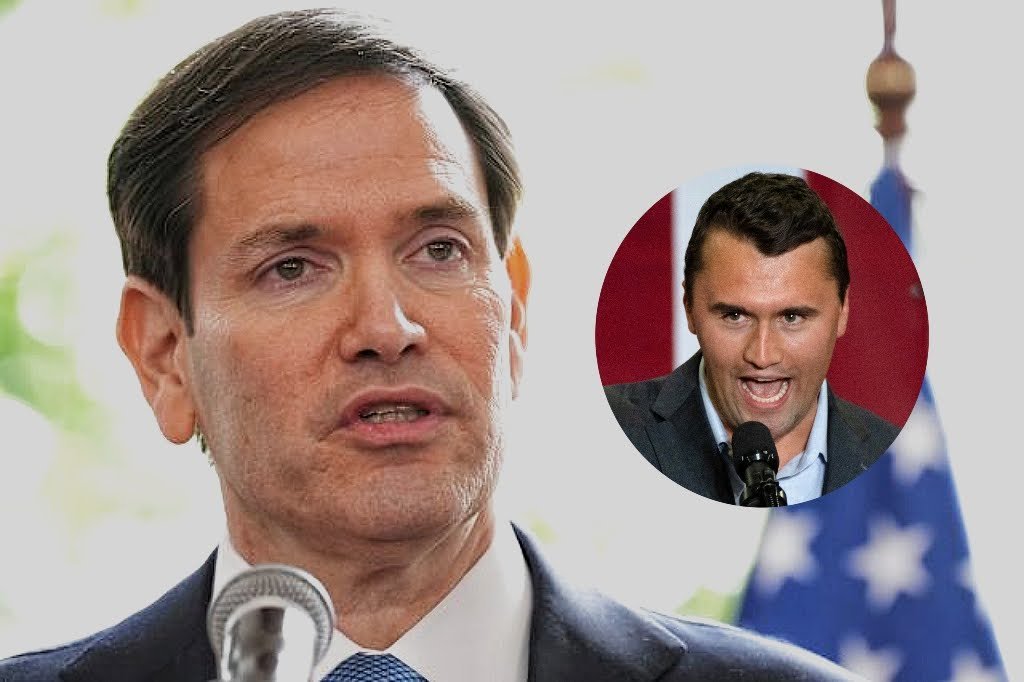The initiative gained momentum last week when Deputy Secretary of State Christopher Landau urged consular staff to scrutinize social media for posts that glorify, downplay, or justify Kirk’s killing.
Landau publicly expressed revulsion at such online sentiments and encouraged tips from the public, even adopting the moniker “El Quitavisas” – Spanish for “The Visa Remover” – in responses to user-submitted evidence.
Also Read:
- Charlie Kirk Assassination: World Leaders Condemn Political Violence
- FBI Releases Video of Charlie Kirk Shooter, Recovers Weapons Near Utah Valley Scene
- Tyler Robinson Arrested in Connection with Charlie Kirk's Assassination
- Charlie Kirk’s Killer in Custody: Trump Confirms Arrest, Hopes for Death Penalty
Rubio reinforced this stance in a recent Fox News appearance, shared via his X account, where he declared visa revocations are in progress. “If you’re in the U.S. on a visa and supporting the public execution of a political leader, get ready to leave,” he posted. “Such views have no place here.”
This approach builds on the administration’s existing stringent visa policies, which have included restrictions on students linked to anti-Gaza war demonstrations, holders of Palestinian Authority passports, and officials from related organizations. Critics, however, argue it treads dangerously close to infringing on free expression rights.
Legal scholars have voiced strong concerns. Harold Hongju Koh, a former State Department legal adviser under President Obama and current Yale professor, described the policy as a clear breach of First Amendment principles.
“Punishing speech, regardless of its content, undermines core U.S. constitutional protections,” Koh argued, highlighting the ambiguity in defining what constitutes “celebration” and warning of potential slippery slopes toward broader censorship.
Scott Anderson, a former State Department attorney now at the Brookings Institution, noted nuances in application. While foreign applicants abroad lack inherent rights to U.S. entry, those already in the country on visas may enjoy some speech safeguards. “The boundaries are murky for discretionary visas,” he explained.
Domestically, Attorney General Pam Bondi has echoed the administration’s tough line, vowing to pursue individuals engaging in what she calls “hate speech” that veers into threats.
In a podcast interview, Bondi asserted, “We’ll come after anyone promoting hatred or violence, no exceptions.” She clarified on X that expressions inciting harm fall outside First Amendment protections.
The policy has sparked debate, with some pointing to Kirk’s own provocative statements, such as his 2023 defense of Second Amendment rights even at the cost of lives.
Supporters of the visa actions see them as essential for safeguarding public discourse, while opponents fear they could chill international dialogue.
As investigations continue, the State Department has not disclosed exact criteria or the volume of affected cases, leaving room for ongoing scrutiny of its implementation.

